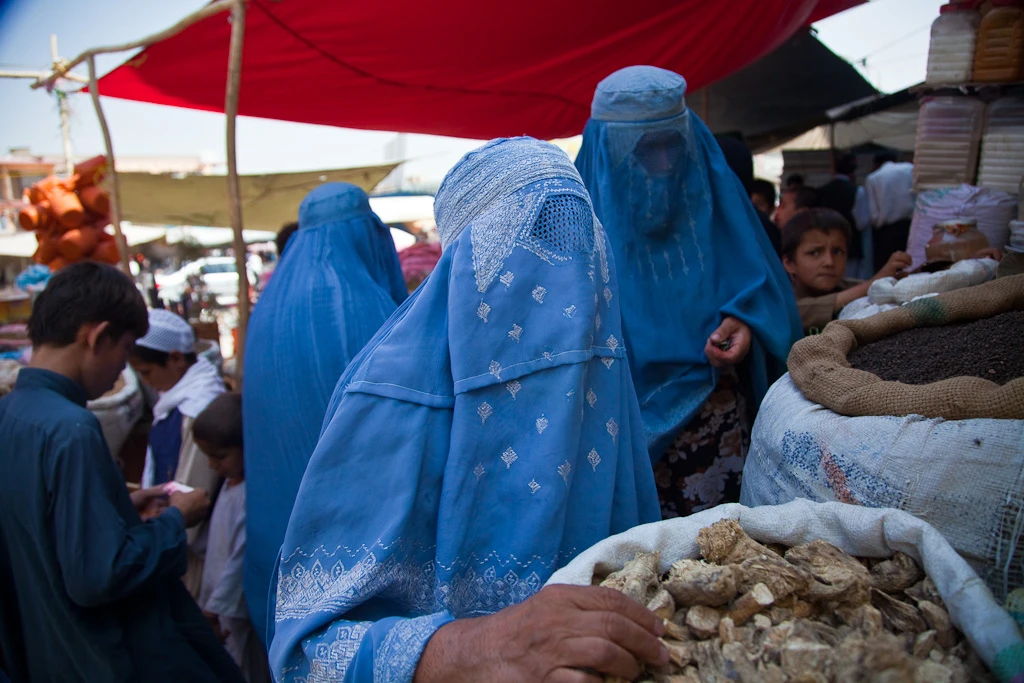Women in Taliban-led Afghanistan now face even more restrictions as a government ministry enacted new laws on “vice and virtue” in the country, banning women’s voices and uncovered faces from public life. The laws also encompass directions on celebrations, music, transportation and shaving.
It is now mandatory for women to wear a burqa to veil their entire bodies, including their faces, at all times in public to avoid temptation and tempting others. This means that the common Islamic head-covering, the hijab, which covers the hair and neck but not the face, is no longer considered appropriate.
The new laws come after the Taliban already placed harsh restrictions on women’s freedoms after the takeover. In 2022, the group banned women from attending school after the sixth grade, when previously, women could attend high schools and universities.
The laws, outlined in a 114-page, 35-article document, were issued Wednesday by the Taliban’s ministry for the “propagation of virtue and the prevention of vice,” which was established in 2021 after the Taliban seized control of Afghanistan following the U.S. withdrawal of armed forces.
That was the year the U.S. military and other western powers, including Canada, evacuated the country in a completely chaotic departure, leaving behind a power vacuum quickly filled by the militant group. Many Afghans who worked for western powers, including drivers and interpreters, were left behind.
The laws were approved by supreme leader Hibatullah Akhundzada.
“Inshallah we assure you that this Islamic law will be of great help in the promotion of virtue and the elimination of vice,” ministry spokesperson Maulvi Abdul Ghafar Farooq said Thursday, according to AP.
Women are also forbidden from singing, reciting and reading aloud in public, as a woman’s voice is deemed “intimate” and should not be heard. It’s unclear if speaking is also banned.
The laws, Article 13 specifically, also note that women cannot look at men they are not related to by blood or marriage and vice versa. It also directs women to cover their faces in public and to not wear short or tight clothing.
Breaking these rules could result in warnings, confiscations of property or detention of up to three days. The ministry has already been enforcing similar morality requirements and says it has detained thousands of people for violations.
The introduction of new laws follows a July United Nations report that accused the ministry of intimidation and violating human rights. The ministry rejected the claims made in the report.
Heather Barr, associate director of Human Rights Watch’s women’s rights division reacted to the decision, saying, “A lot of these rules were in place already but less formally and now they are being formalized. I think this is a sign of what we’ve been seeing over the last three years which is a steady and gradual escalation of the crackdown.””
According to Amnesty International, “The Afghan community is struggling with three years of unresolved frustration as the Taliban de facto authorities commit human rights violations and crimes under international law against the Afghan people, especially women and girls, with absolute impunity.”
More must be done for the women living in Afghanistan. The U.S. and EU must find ways to punish the Taliban and force them to ensure full rights for Afghan citizens.
